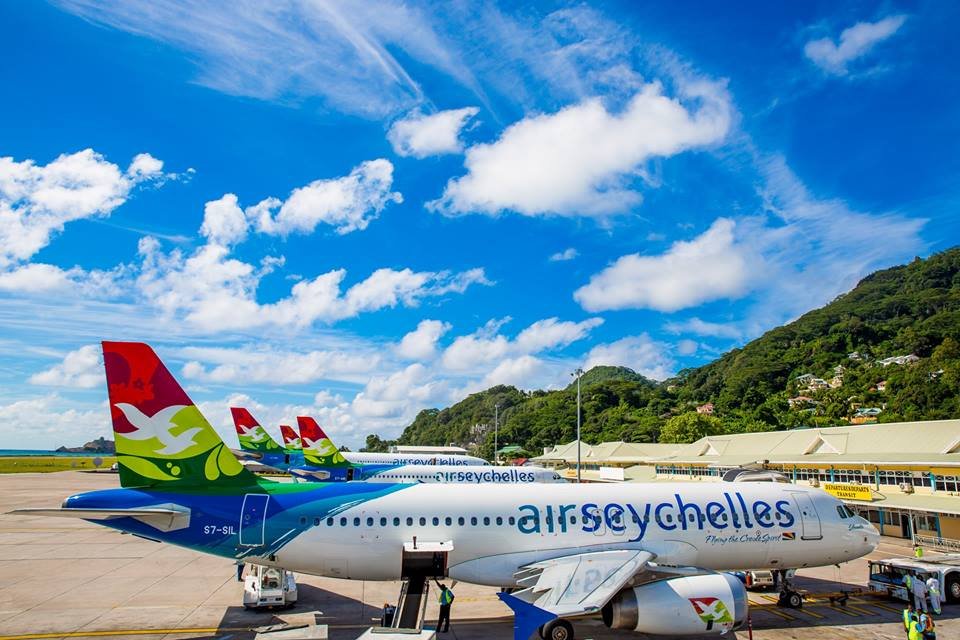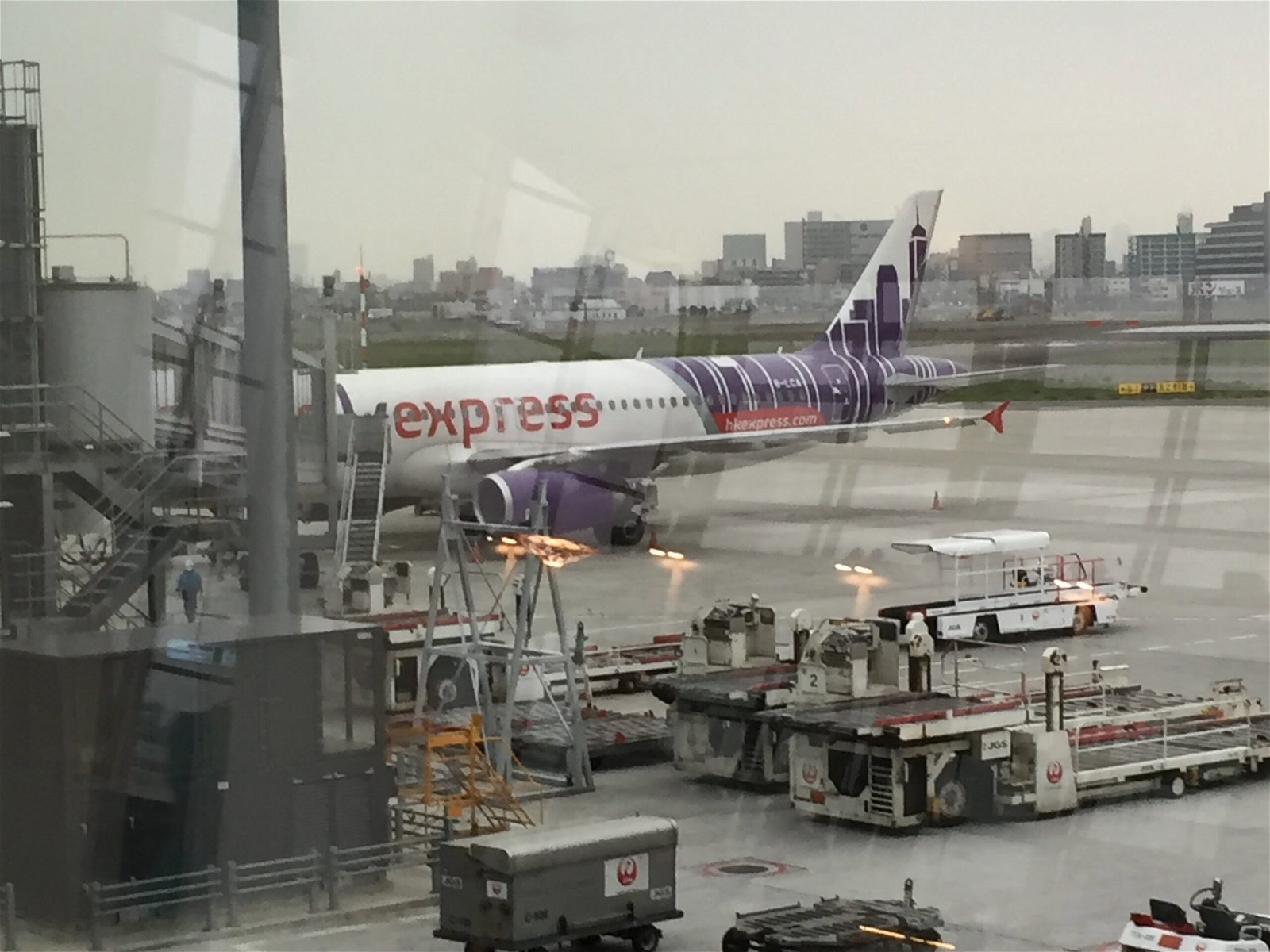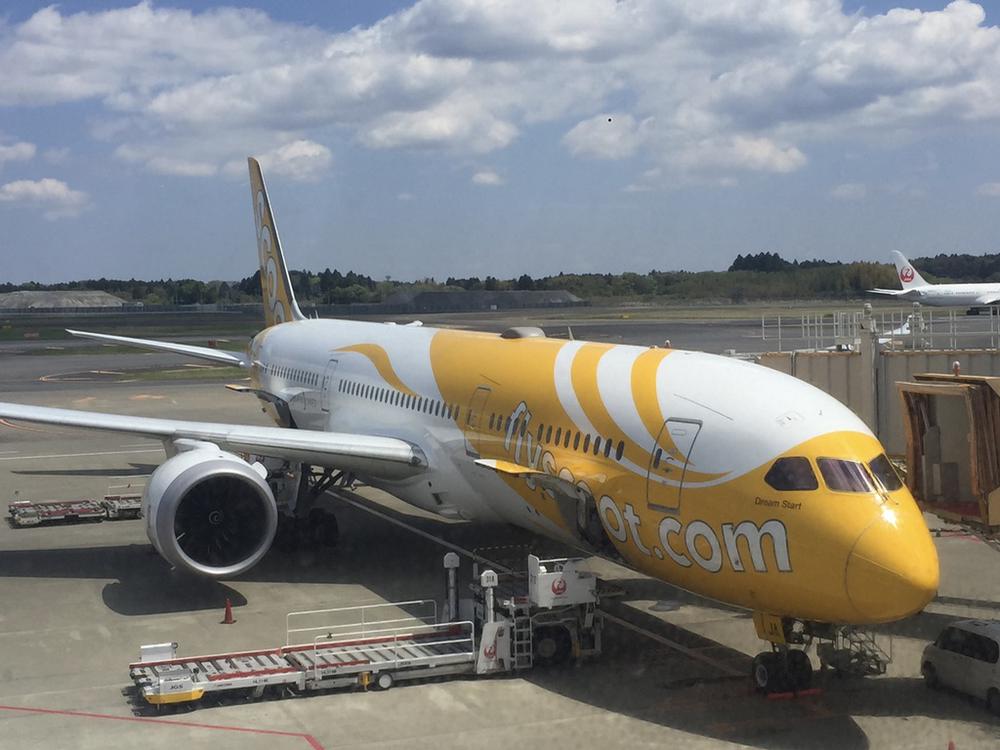Most of us are familiar with Star Alliance, OneWorld, and SkyTeam, which were founded in 1997, 1999, and 2000, respectively. They allow member airlines to offer connections to more destinations, as well as other perks like reciprocal elite status benefits and the ability to earn and redeem frequent flyer miles on partner airlines.
More recently, three new alliances have cropped up. For the most part, they don’t really resemble the alliances we all know and love (or love to hate). Their networks tend to be regional rather than global, and there aren’t many benefits that passengers will notice.
Still, it may be worth keeping an eye on these, as more unaffiliated airlines (especially low-cost carriers) start to join forces.
Vanilla Alliance
Founded in 2015, Vanilla Alliance has five members, all based on islands in the Indian Ocean: Air Austral (based on Réunion), Air Madagascar, Air Mauritius, Air Seychelles, and Int’Air Îles (based in the Comoros).

Air Austral made news a few years ago when they ordered two all-economy A380s, which were to seat 840 passengers each. (The order was later canceled.)
This is the smallest alliance by far in terms of passengers served annually, destinations served, and most other measures. It was formed to increase tourism to the islands it serves, and bears little resemblance to the traditional airline alliances we are familiar with (aside from the fact that the member airlines offer codeshares).
U-FLY
Founded in January 2016, U-FLY (I’m guessing the name lost something in translation) also has five member airlines: Lucky Air (no relation to a certain blogger), Urumqi Air, and West Air, all from China; HK Express, based in Hong Kong; and the South Korean Eastar Jet (if I were on their marketing team, I’d give them a mascot called the Eastar bunny – so it’s probably good that I work for the government instead).

With the exception of Eastar, all U-FLY member airlines are affiliated with a single company in China called HNA Group. Their destinations are primarily in China, Southeast Asia, Japan, and Korea.
Significantly, U-FLY is the first alliance composed exclusively of low-cost carriers. LCCs are generally absent from the major alliances, and traditionally one of the advantages of full-service airlines is their alliance affiliation.
I don’t think most passengers on U-FLY members will notice that they are flying on an airline that belongs to an alliance, but U-FLY member airlines do claim to be aligning schedules and routes. It also looks like plans are in the works for a single loyalty program (HKExpress’s program, called reward-U, will supposedly be adopted by other alliance members).
For more about U-FLY, check out this article from Skift.
Value Alliance
Probably the most significant of the new alliances is the Value Alliance, founded in May 2016, whose eight members are also all low-cost carriers: Cebu Pacific (the Philippines), Jeju Air (South Korea), NokAir and NokScoot (Thailand), Scoot and Tigerair (Singapore), Tigerair Australia, and Japan’s Vanilla Air (which, confusingly, is not in the Vanilla Alliance!). As you can see, similar to the members of U-FLY, Value Alliance members are all based in Asia.

Several of these airlines are closely related to each other: NokAir and Scoot jointly own NokScoot. (Tigerair used to be a cousin of Tigerair Australia, but they’re no longer affiliated.) Tigerair and Scoot are both subsidiaries of Singapore Airlines, but unlike their parent, they are not part of the Star Alliance.
Value Alliance’s website says that “travelers will be able to book flights offered by any Value Alliance partner at the most competitive fare when they visit any member website.” It also says that the alliance “provides a framework for further cooperation amongst member airlines, which includes shared services, in order to enhance the overall guest experience.”
So it sounds like for now, any visible benefits to passengers are still yet to come. Case in point: I flew Scoot a few months ago, and there was nothing anywhere to indicate their Value Alliance affiliation.
Bottom Line
These alliances are brand new. While I doubt the Vanilla Alliance will amount to much, U-FLY and Value Alliance may be a sign of things to come in the world of low-cost carriers.





There's also the Etihad partners alliance and that ThomasCook/Tui alliance
The Value Alliance (and the others to a degree) seem to be nothing more than something existing on paper; no distinguishable passenger benefits like one of the big-three alliances. Seems to me to be rather pointless.
I would guess Value Alliance is formed to compete with AirAsia group of airlines. There are so many AirAsia(X) out there.
@Dalo, I would guess that because Nok is usually a bit more expensive than FD.
What about EY-partners? I think people deserve to know that!!
And yes, @Dalo, NokAir over FD any day!!!
I have flown Nok many times in Thailand . Fifty minutes in the plane compared to seven or eight hours on the bus , sometimes for as little as $32 . Easy choice . I flew Thai AirAsia one round trip .
Rude , late , even more crowded .
I have no experience with the other members of Value Alliance . Eventually I will give them a try .
For the money , Nok is okay .
BTW Nok means bird .
U- Fly alliance is a translation by pronunciation. Direct Chinese translation would be "Premium Travel Alliance". Think they did it o.k, though even with the U-Fly.